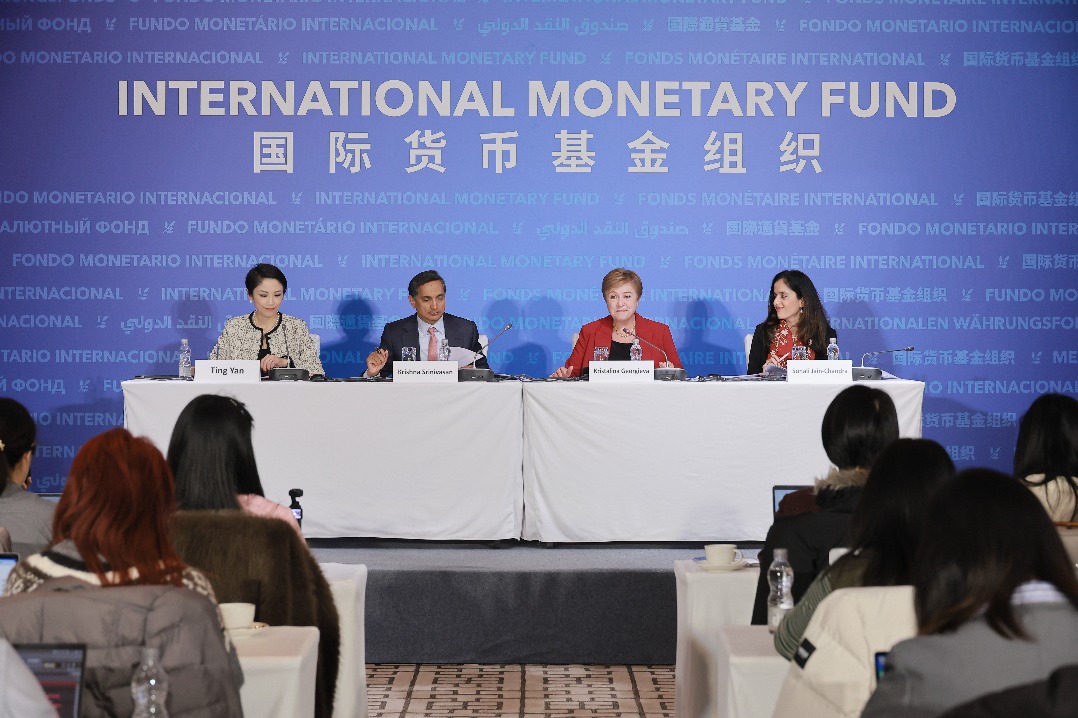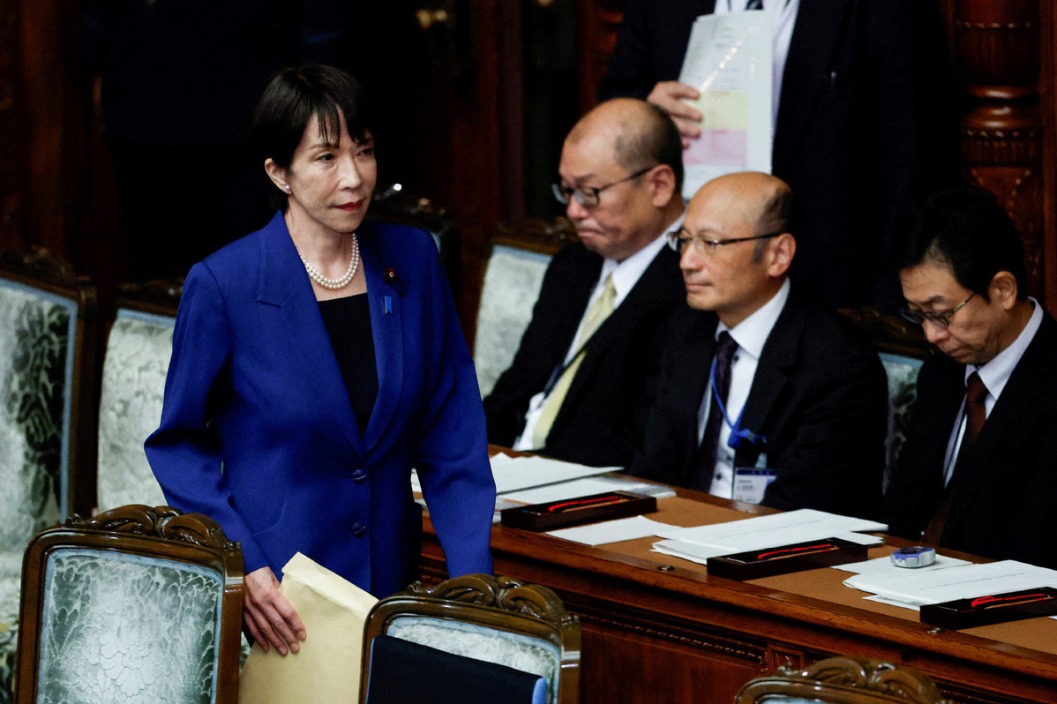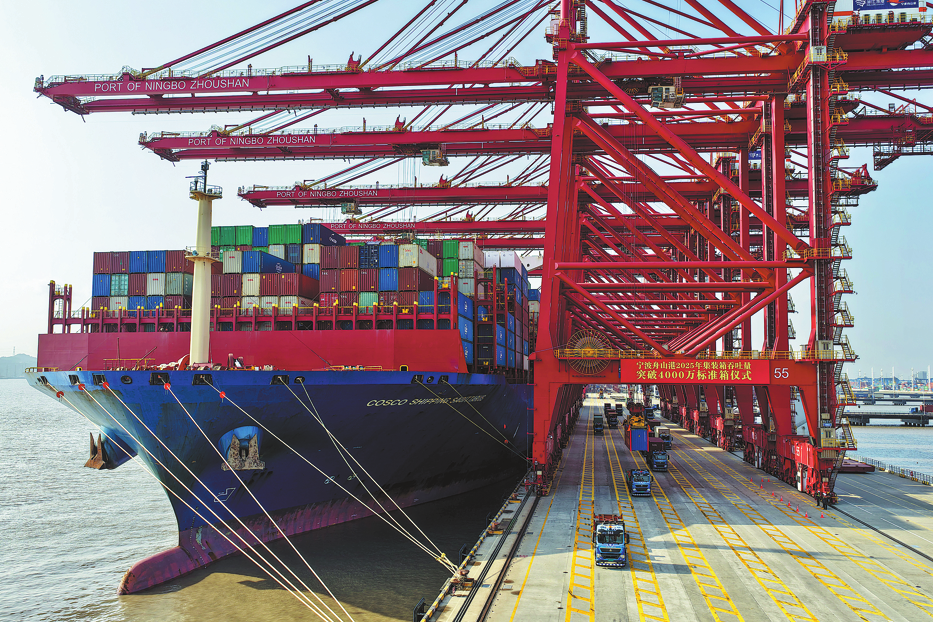Pulling together

BRICS countries should strengthen their coordination as international cooperation is the only way to bring the pandemic under control

The sobering global pandemic data call attention to how a country's political and social organization has been crucial to its performance in the battle against the novel coronavirus. Countries in Europe and the Americas have the worst indicators, with death rates per million above 1,000, while countries in East and Southeast Asia have averaged below 100, except Indonesia (131) and the Philippines (111). China, for example, has a death rate of just three deaths per million inhabitants, reflecting its success in mobilizing its population and the adoption of effective measures to prevent the spread of the virus in the country. The result of this is that the country was the only G20 economy to register positive GDP growth last year, making it a lifeline for the battered world economy, which has been hard hit by the economic slowdowns of the United States and the developed Western European economies.
In Brazil, the situation worsens every day, with the second wave of infections surpassing the worst moments of the first, which occurred in mid-2020. On March 12, Brazil broke the record for daily deaths, counting 2,286 victims, according to the World Health Organization. On that day, the death rate per million exceeded 1,200. To make matters worse, the circulation of new strains of the virus, such as P1, a Brazilian variant, has dramatically increased the transmission speed. Today, scientists do not know how effective the vaccines will be against the virus' mutations.
As in the Western countries, the Brazilian government and society failed to adopt strict and effective measures to curb transmission of the virus. There has been a lack of coordination between the central government and the states and municipalities. While President Jair Bolsonaro continues to minimize the seriousness of the pandemic, encouraging gatherings of people and discouraging the use of face masks, mayors and governors are under pressure from groups allied to President Bolsonaro to relax social distancing requirements. Besides the ongoing health emergency, the economy has not been able to recover from the setbacks of 2020 and it has an unemployment rate of almost 30 percent.
Meanwhile, mass vaccination, the only measure that can control the spread of the virus, is proceeding at a very slow pace. Since the first person was inoculated on Jan 17, just 3.5 percent of the population has received the first dose, and only 1 percent has received the second dose. At this rate it will not be until the end of 2022 that everyone in Brazil will have been inoculated. Brazil has not developed its own vaccine and depends on international collaboration for its immunization program. In this regard, it's worth mentioning the partnership between the Chinese company Sinovac and the Butantan Institute in Sao Paulo in the research, development, production and distribution of the CoronaVac vaccine. Today, this vaccine represents almost 90 percent of all doses administered in Brazil. In this sense, the Chinese embassy in Brasilia has endeavored to guarantee the local supply of vaccines and supplies in coordination with the central government and Sao Paulo.
China's success in its fight against the virus has allowed the country to adopt a proactive stance on the international stage, not only with regard to the supply of medical equipment and hospital supplies but also providing vaccines to many countries and regions of the world. In contrast, in countries such as those in Europe and the United States, where the virus is still uncontrolled, vaccines developed by their companies are being prioritized for their respective populations, while the number of people vaccinated in these countries remains low. Consequently, the volume of vaccines from companies such as AstraZeneca, Moderna, Johnson& Johnson and Pfizer-BioNTech exported to developing countries is residual. In contrast, China, Russia and India have been sharing their vaccines with countries in Asia, Africa and Latin America.
It is important to emphasize that, in Brazil's case, the situation would have been better if the country had engaged in greater cooperation with the World Health Organization and the other BRICS countries.
Specifically, China, Russia and India, which along with Brazil and South Africa comprise BRICS, are at the forefront in developing and producing vaccines. Since the beginning of the pandemic, the Chinese government has emphasized that the country's vaccines would be considered a global public good. India and South Africa, in turn, proposed in the World Trade Organization, in October 2020, the suspension of patents and intellectual property rights for vaccines and medicines to combat COVID-19. Unfortunately, the Brazilian government has aligned itself with the rich countries that refuted the measure that could give hope to most of humanity.
In this regard, it is worth noting that, since 2016, interactions between the BRICS countries have been significantly reduced. Under Bolsonaro in Brazil and Prime Minister Narendra Modi in India, the BRICS countries have lessened their political coordination in international forums. The group's agenda has focused on economic issues, notably the management of the New Development Bank.
At this juncture, when Brazil has become the epicenter of the pandemic and rich countries are only concerned with solving their own problems, it is urgent for the Brazilian government to reestablish cooperation with developing countries, mainly with the other members of BRICS. This group of developing countries has played a key role in global governance at other crucial moments, such as in 2008 facing the global financial crisis, and in 2015 to build consensus during the Paris Climate Change Conference. Strengthening coordination within BRICS is crucial to counter the pandemic and create a fair and secure multilateral order.
The author is a professor at the Sao Paulo State University (UNESP) in Brazil. The author contributed this article to China Watch, a think tank powered by China Daily. The views do not necessarily reflect those of China Daily.
The opinions expressed here are those of the writer and do not necessarily represent the views of China Daily and China Daily website.
If you have a specific expertise and would like to contribute to China Daily, please contact us at opinion@chinadaily.com.cn, and comment@chinadaily.com.cn.


































